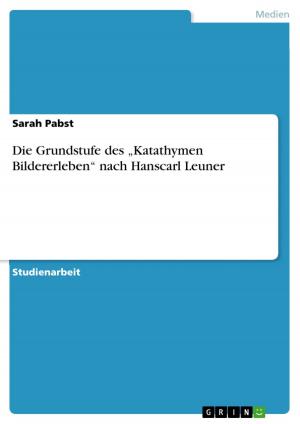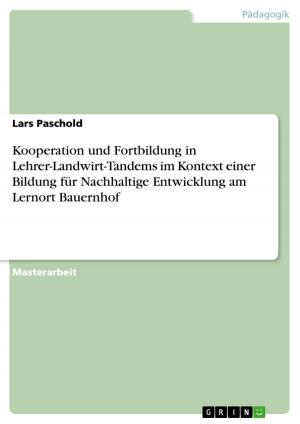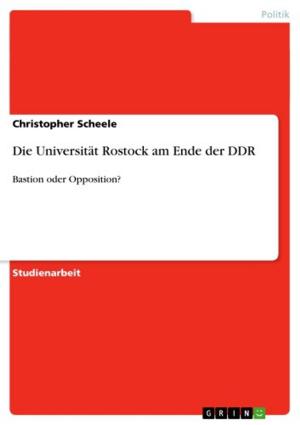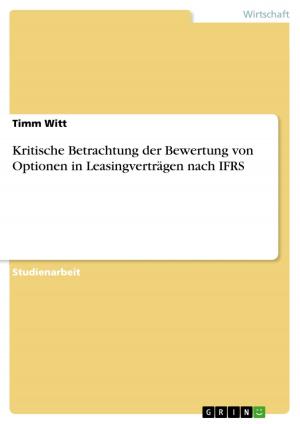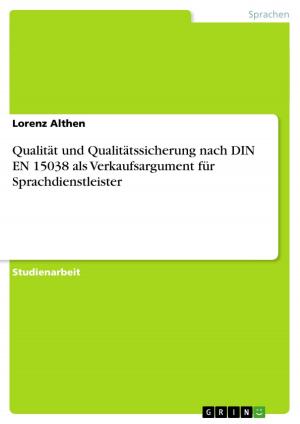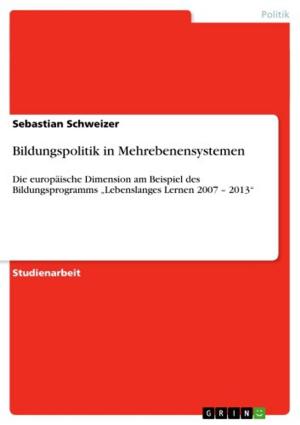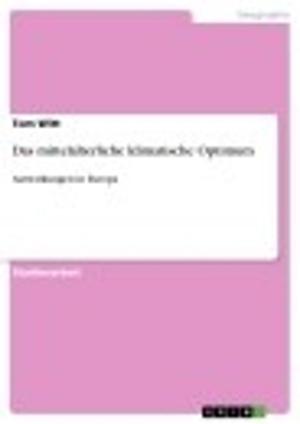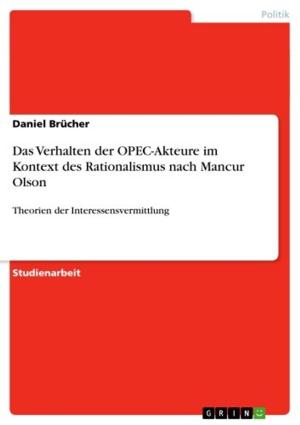| Author: | Daria Poklad | ISBN: | 9783668095373 |
| Publisher: | GRIN Verlag | Publication: | November 25, 2015 |
| Imprint: | GRIN Verlag | Language: | German |
| Author: | Daria Poklad |
| ISBN: | 9783668095373 |
| Publisher: | GRIN Verlag |
| Publication: | November 25, 2015 |
| Imprint: | GRIN Verlag |
| Language: | German |
Studienarbeit aus dem Jahr 2013 im Fachbereich Anglistik - Linguistik, Note: 1,7, Ruhr-Universität Bochum, Veranstaltung: Introduction to Intercultural Communication in Post-colonial Contexts, Sprache: Deutsch, Abstract: The following paper deals with the phonological differences in Hong Kong English in comparison to Standard English. First I will present a general view of the language situation in Hong Kong. Then in the third chapter some of the main phonological variations existing in Hong Kong English will be presented. In a further step, I will analyze if these variations can be found in two interviews with Hong Kong-born actor Jackie Chan who has lived and worked several years in the United States and examine how they differ from Standard English, before summing up the results in the conclusion. Hong Kong came under British control as a result of the Opium Wars with China from 1839 to 1842 and from 1856 to 1860 and developed since then as a trading centre. Throughout the British colonial period from 1842 to 1997 a minority of British administrators and traders co-existed with a large majority of Chinese traders and laborers. Since most Chinese could speak Cantonese, there was no need for a lingua franca, but only for a language to use with influential foreigners (Melchers 163). Therefore the knowledge of English was spread almost entirely through the education system, which increasingly used English as a medium (ibid.). In 1997 Hong Kong was returned to Chinese sovereignty. Today, English is very widely used in the educational and legal system and for dealing with international business partners (ibid. 164). Moreover, English is becoming 'localized' and is used to some extend for everyday interaction among locals who all speak Cantonese (ibid.). Nevertheless, the English spoken in Hong Kong differs in regard to grammar, lexis and phonological aspects from Standard English as Received Pronunciation (RP) or General American (GA).
Studienarbeit aus dem Jahr 2013 im Fachbereich Anglistik - Linguistik, Note: 1,7, Ruhr-Universität Bochum, Veranstaltung: Introduction to Intercultural Communication in Post-colonial Contexts, Sprache: Deutsch, Abstract: The following paper deals with the phonological differences in Hong Kong English in comparison to Standard English. First I will present a general view of the language situation in Hong Kong. Then in the third chapter some of the main phonological variations existing in Hong Kong English will be presented. In a further step, I will analyze if these variations can be found in two interviews with Hong Kong-born actor Jackie Chan who has lived and worked several years in the United States and examine how they differ from Standard English, before summing up the results in the conclusion. Hong Kong came under British control as a result of the Opium Wars with China from 1839 to 1842 and from 1856 to 1860 and developed since then as a trading centre. Throughout the British colonial period from 1842 to 1997 a minority of British administrators and traders co-existed with a large majority of Chinese traders and laborers. Since most Chinese could speak Cantonese, there was no need for a lingua franca, but only for a language to use with influential foreigners (Melchers 163). Therefore the knowledge of English was spread almost entirely through the education system, which increasingly used English as a medium (ibid.). In 1997 Hong Kong was returned to Chinese sovereignty. Today, English is very widely used in the educational and legal system and for dealing with international business partners (ibid. 164). Moreover, English is becoming 'localized' and is used to some extend for everyday interaction among locals who all speak Cantonese (ibid.). Nevertheless, the English spoken in Hong Kong differs in regard to grammar, lexis and phonological aspects from Standard English as Received Pronunciation (RP) or General American (GA).

